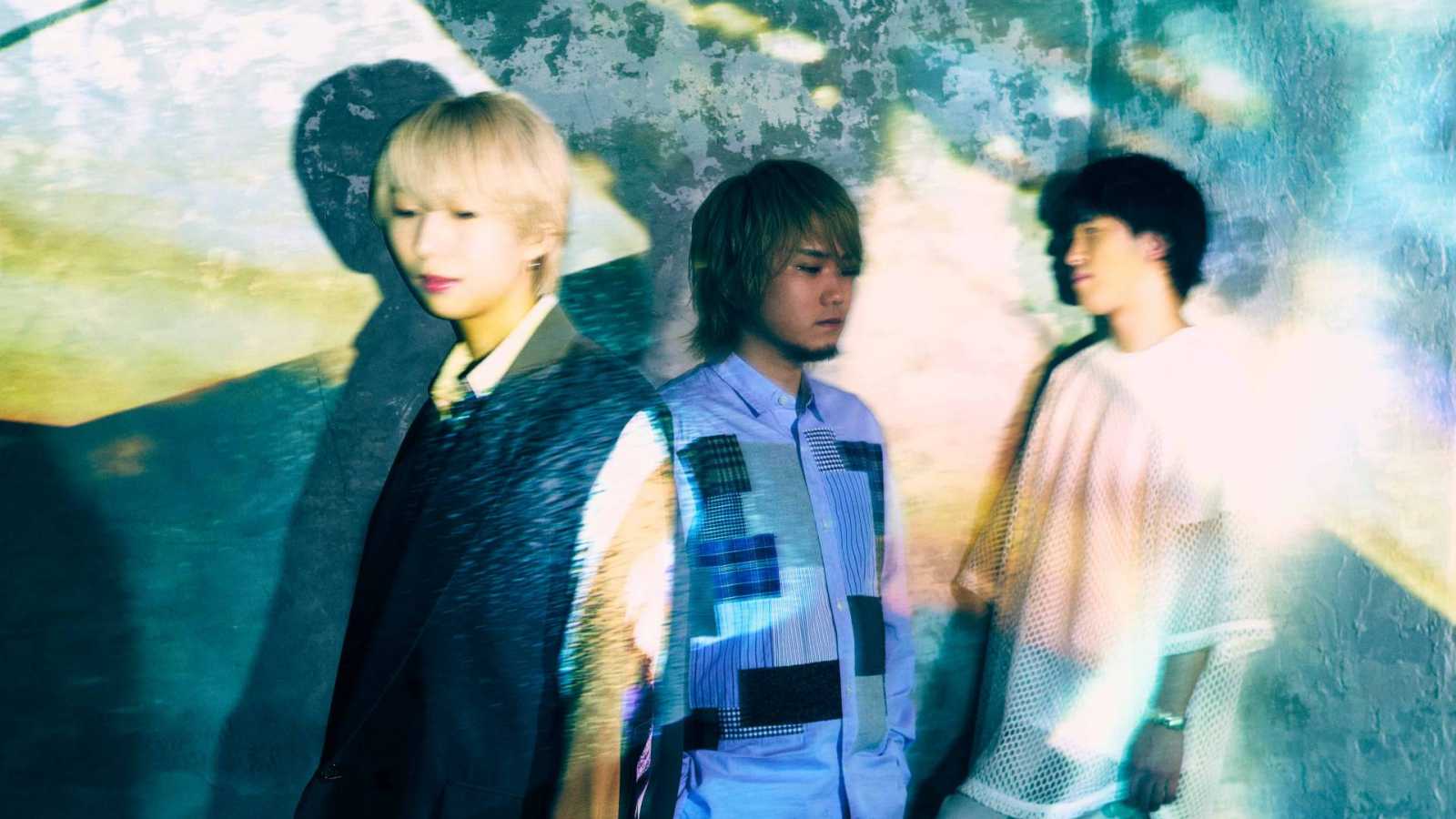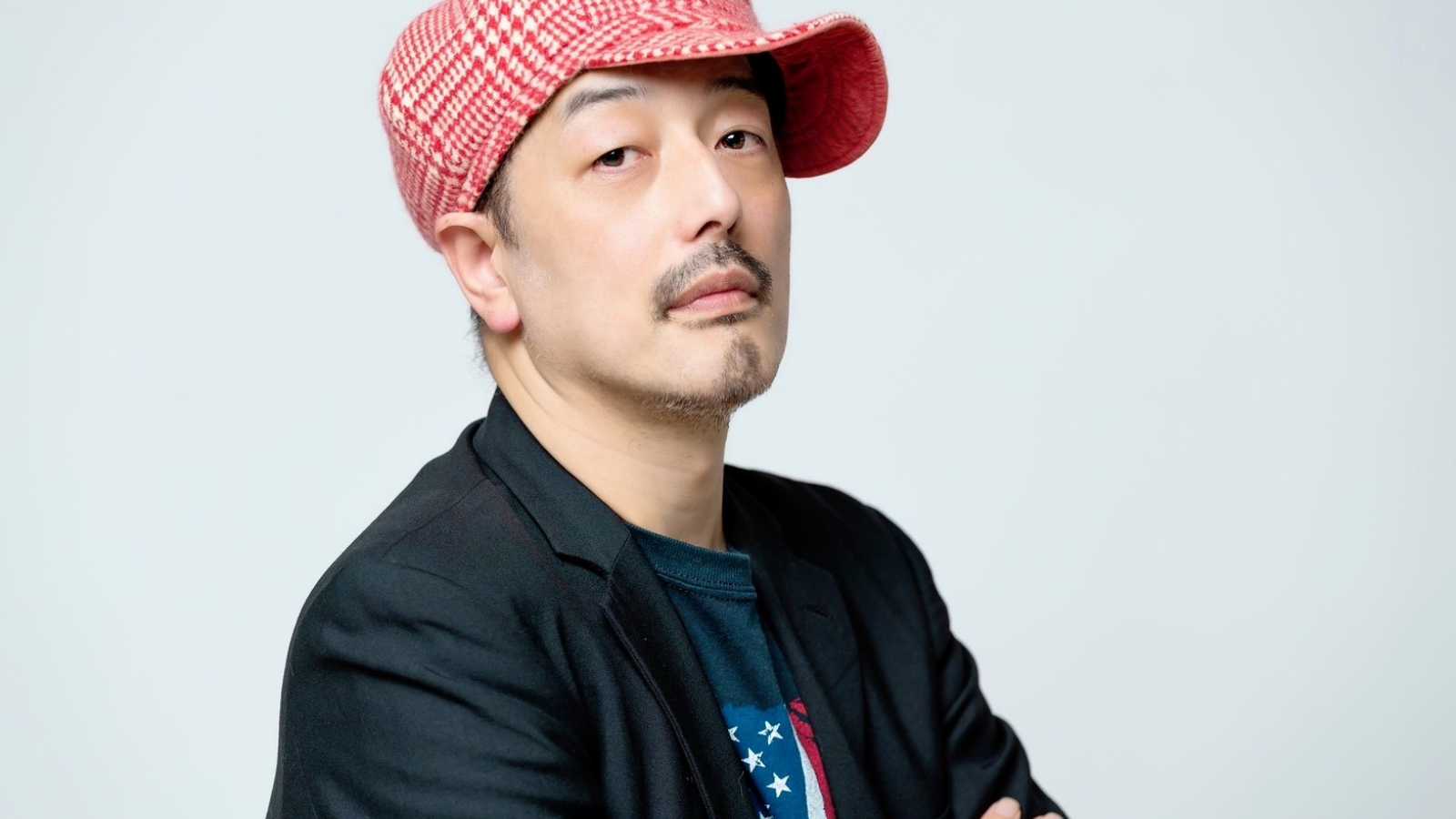A week after her presentation at the MCJP, Saeki Anna met with us for an interview.
After her concert at the Maison de la Culture du Japon à Paris (House of Japanese Culture in Paris), tango enthusiast and singer Saeki Anna chatted with us about her beginnings, travels and hopes for the future.
Could you introduce yourself to our readers who don’t know you yet?
Saeki Anna: I am Anna Saeki, I just finished my concert in Paris. That was the ninth time I played in this city in ten years, and I am very happy to be here in the company of my fans.
When and how did your first meeting with the tango happen?
Saeki Anna: When I started my career as a singer, I listened to a lot of different kinds of music. By chance I heard a piece of continental tango called Il pleut sur la route (It rains on the street). It was my first encounter with tango and I was suddenly really surprised by the acoustic sound of the bandoneon, an accordion-like instrument. The words were nostalgic, sometimes sad, and spoke of love. I felt an enormous passion for this music that inspires such hope. And despite how young and new the genre is in Japan, I thought that tango would be enjoyable for my generation and older people.
Did that lead you to want to make music?
Saeki Anna: No, I had already decided to make music before I discovered tango. Music has been a part of my life since I was a child. I wasn’t a professional, but I played some pieces. I didn’t plan to work in music; I was going to be more in the fashion industry. I was elected Miss Sapporo in 1987, and that’s probably what opened me up to the world of show business. I didn’t expect it at all, and thanks to a friend who helped me a lot, I was able to get there.
Your travels throughout the world, the costumes you wear on stage, and even the way you sing show a desire to make your music universal. Was cultural mixing one of the things you concerned yourself with when launching your career?
Saeki Anna: Yes, singing in countries outside of Japan was a dream for me.
For some years it seems Japan has become particularly open to foreign cultures. Clothing, food, music and so on are expanding their impact. How do you see that? Do you think you’re contributing to it in a way?
Saeki Anna: In relation to music, Japan has been influenced a lot by American pop and rock. In our country, there is a traditional culture distinct to our roots, and I think it’s important to keep that tradition even while adapting to foreign cultures. Personally, I sing tango as well as Japanese, and that allows me to also act as a bridge between different countries. When I sing, I try to transmit my emotions beyond words and transmit my love. I was pretty convinced by the the audience's reactions. They reacted in similar ways, whatever country I was in. I really think music is not defined by a language but by love.
In December 2007 you recorded an album with Mercedes Sosa, an Argentinian singer very popular in Latin America. What brought you to sing with her and how did you feel during this collaboration?
Saeki Anna: It was really nice, I was very happy. I recorded my album Concierto De Anna two years ago and I had a lot of interviews with the press. When they asked me my favorite artist in Argentina, and I answered Mercedes Sosa. I gave this response because when I recorded my album Omoi, I really enjoyed interpreting a song of hers called Alfonsia y el mar (Alfonsia and the sea). She saw in the press all the respect I have for her and she suggested that we meet. So I sang this song for her in Japanese and she really liked it. We then sang together a number of times on stage, and that’s what gave me the chance to record an album with her.
Has that influenced you in your music?
Saeki Anna: Thanks to her I discovered Argentinian folklore, another facet of Argentinian music. I was afraid at the beginning because I’d never sung this genre of music, but a person very important to me - Popi Spatocco, a big name composer and arranger in Argentina - cried when he saw me sing. That gave me a little more confidence in myself and it made me feel comfortable with the idea that I could sing in my way. When I sang Zamba Para No Morir (Zamba to not die) in front of him, mixing Japanese and Spanish, he told me what remained for him was the emotions, and the language didn’t matter much. That’s my concept of music.
You sang for a very young audience of kids and babies. How did you come to do this particular concert? How did you feel about it and how did it go?
Saeki Anna: I have fans from three or four generations now, you know? (laughs) Even kids naturally become my fans. They’re even jealous sometimes when their parents come see me in concert and they can’t. It’s pretty complicated for them to come to my shows, so I wanted to give them a chance to hear me live and see me sing on stage. It was really funny for me to see the reaction of the kids. They were very direct and energetic, they never stopped crying, “Anna! Anna!” (laughs) It was really magical to see that tango music is not reserved for adults only and that kids can appreciate and share this music with their parents.
From the concerts in Paris, you had a young fan, a seven-year-old boy. The second night, he offered you a bouquet of flowers on stage, it was a very moving moment. What did you feel at the moment?
Saeki Anna: Eric came the first night and asked his grandparents to come back the next day. He even asked if he could see me a third day, but it wasn’t possible. I was really moved when I heard that. It makes me so happy to have young fans…I have them in Argentina too, but in France that was the first time. I think, thanks to him, I might do a concert in France for kids like I did in Japan. What do you think?
It’s actually a really great idea, that would definitely go well!
Saeki Anna: Then I’ll rely on your help. (laughs)
You travel a lot and you’re able to meet audiences of different nations. What are the most memorable differences?
Saeki Anna: Not much is different…It's hard to say. I think the Japanese are more reserved, a little like the French this time at the MCJP (House of Japanese Culture in Paris). (laughs) But I’d say the Germans and Argentinians are different from other audiences because they make a lot of noise with their feet and their voices. It’s pretty noticeable but with time, the differences fade and even the Japanese get really noisy.
In the course of your career, you’ve contributed a lot to the promotion of tango throughout the world and especially in Asia, and you bring people together. How do you think you will evolve? Do you have other ambitions?
Saeki Anna: I have a lot of projects this year. This month, my new album will come out in Argentina and I’ll play for the first time in Columbia and Peru. That’s thanks to a fan who came to a bunch of my concerts in New York and contacted a number of people in Columbia about having me perform over there. Finally, I’ll return to La Falda in Argentina for a festival and to record my next album, Electric Tango, which will be a completely different universe from my precious previous albums.
And a message for your fans?
Saeki Anna: I’ll continue to do my best to transmit my message of love in the different countries I visit. If you don’t know tango music, come discover it with me and also my new universe, Argentinian folklore. I might visit your country, so please come see me! Hope to see you soon.




